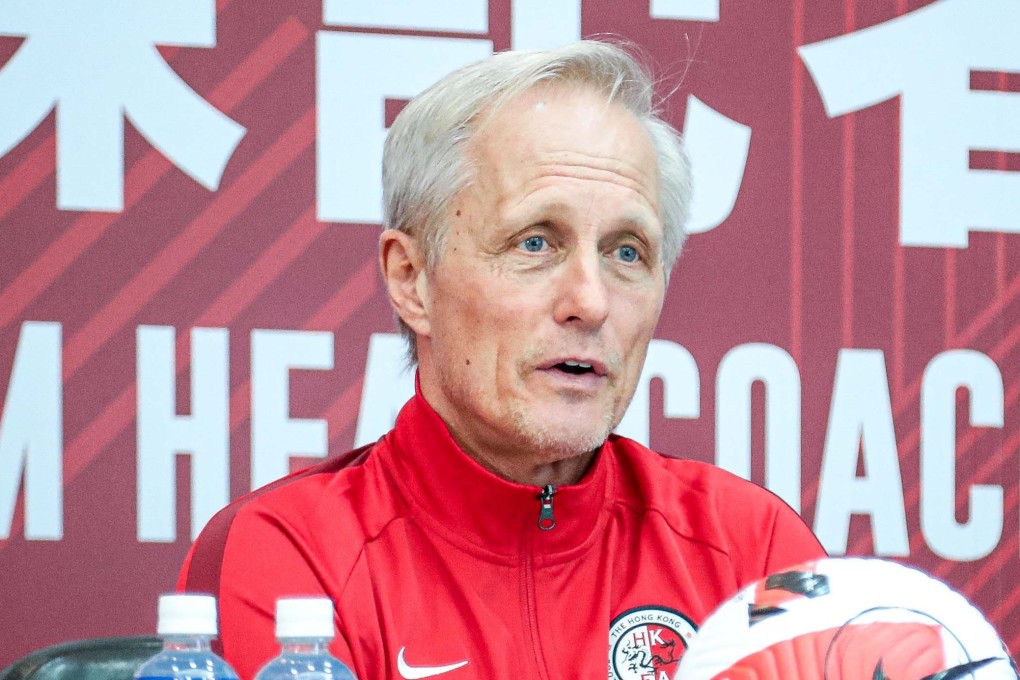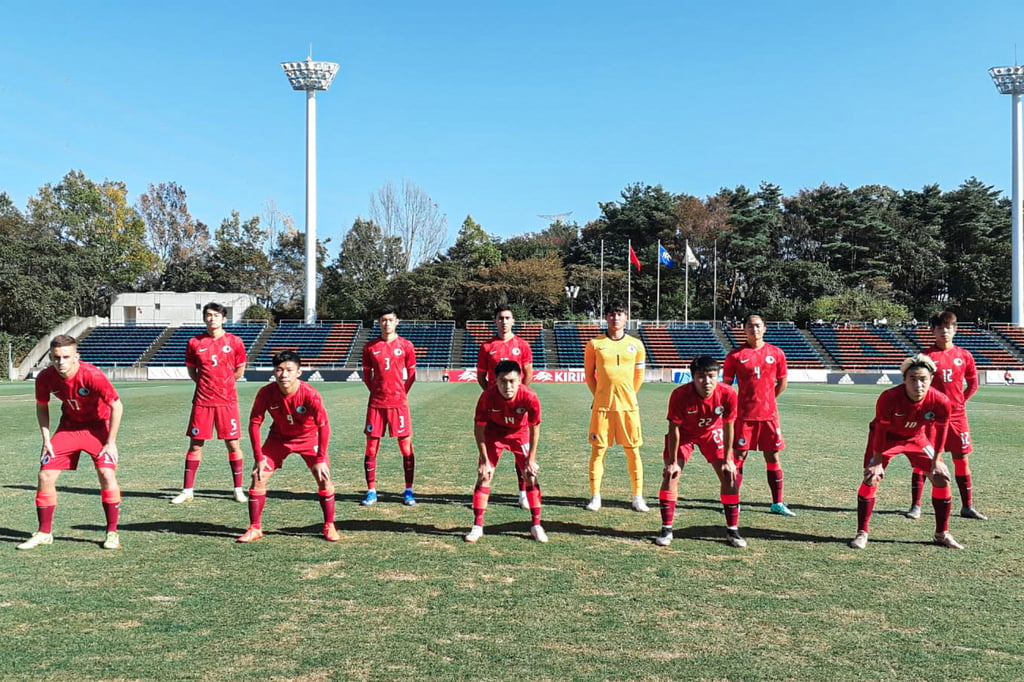Advertisement
New coach Jorn Andersen bans footballers from drinking alcohol while on Hong Kong duty
- ‘We don’t allow drinking alcohol when you are with or travelling with the national team,’ former Norway international says in first Hong Kong press conference
- Anderson says players’ one-year national team suspension ‘not too good information to me’ but remains confident with available pool
Reading Time:2 minutes
Why you can trust SCMP
1

Hong Kong senior men’s head coach Jorn Andersen made clear he would not tolerate any drunken antics from his players after last month’s under-23s team controversy.
The Hong Kong Football Association (HKFA) had fined and banned 10 age-group players from playing for the representative national team for one year after they reportedly vandalised hotel rooms during a drinking session on their AFC U-23 Championship qualifiers tour in Japan last October.
This week, the HKFA announced it would reject an appeal and hand a similar ban to player Shinichi Chan for his role in the incident, which came after Hong Kong’s defeat by Japan in Fukushima. The promising 19-year-old has featured for the senior Hong Kong team but will miss their Asian Cup qualifiers in June.

Responding at his first press conference since taking up the role last month, former Norway international and ex-North Korea manager Andersen said: “First, we – all the staff and players from the Hong Kong team – have to be and work as professionals.
Advertisement
“We don’t allow drinking alcohol when you are with or travelling with the national team. That is not possible.
“[Regarding] the selection of players, everything [happened] before my time so I am not so informed, but I know some players have been disqualified for a year, which is not too good information for me. But we will still try to perform and build a new team with the players I can pick from.”
Advertisement
Advertisement
Select Voice
Select Speed
1.00x